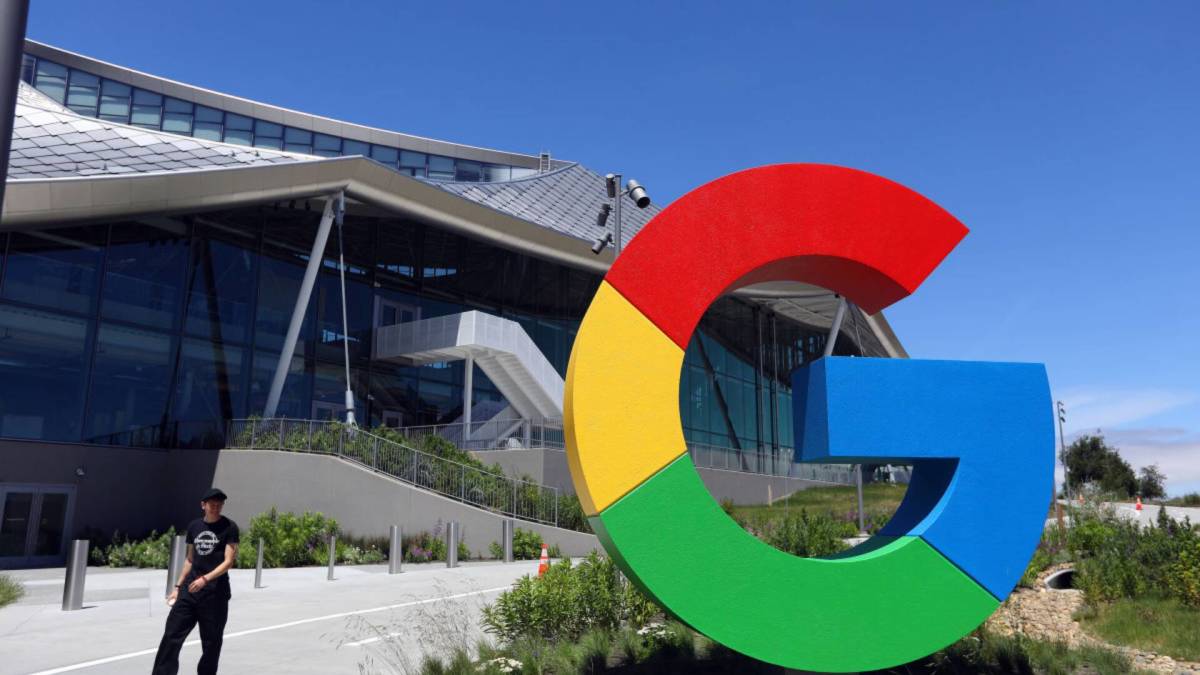TheStreet Pro’s Stephen Guilfoyle knows what you’re thinking.
The veteran trader recently turned his attention to TeraWulf (WULF) , which saw its stock skyrocket on Aug. 14.
💵💰Don’t miss the move: Subscribe to TheStreet’s free daily newsletter 💰💵
“Sarge, isn’t Terawulf a cryptocurrency mining operation?” he wrote. “Yes, but that said, the firm is transitioning into something bigger and potentially far more consequential than that.”
Guilfoyle said TeraWulf has pivoted toward providing infrastructure to so-called hyperscalers, the large cloud service providers offering massive computing power and storage capacity, with a focus on AI-related workloads.
“In short, the firm is likely trying to position itself as a competitor to CoreWeave (CRWV) ,” he said, referring to the AI cloud-computing startup.
Founded in 2021, TeraWulf said on its website that it provided “domestically produced bitcoin by using more than 90% zero carbon energy today.”
Wall Street trader cites TeraWulf deals
Guilfoyle, whose career dates back to the floor of the New York Stock Exchange in the 1980s, said Terawulf reached two 10-year agreements with AI cloud platform company Fluidstack to supply high-performance computing clusters to large cloud providers.
Google parent Alphabet (GOOGL) has agreed to provide funding of $1.8 billion to help finance this project. In return, Alphabet received warrants to acquire roughly 41 million shares of TeraWulf that would amount to an 8% stake when exercised.
More Experts
- Stocks & Markets Podcast: Sectors to Avoid With Jay Woods
- Trader makes bold call with Boeing stock after defense workers strike
- Veteran fund manager sends urgent 9-word message on stocks
“These are truly a game changer for TeraWulf,” Chief Financial Officer Patrick Fleury told analysts during the second-quarter earnings call. “The Fluid Stack lease and Google support agreement are carefully structured to enhance our credit profile and position us to scale quickly.”
TeraWulf’s stock has surged 55.4% this year and skyrocketed 144% from this time in 2024.
TeraWulf beat Wall Street’s quarterly earnings expectations, with revenue increasing 34% year-over-year to $47.6 million.
The company cited a higher average bitcoin price and expanded mining capacity, offset partly by expected headwinds from increased network difficulty and the April 2024 halving, where bitcoin reduced the block reward by 50%.
“My target price is around $9.50,” Guilfoyle said. “This is a trade, not an investment, and I expect to be flat the name by the closing bell should short-term traders take profits en masse on Friday.”
Clear Street analyst Brian Dobson raised the investment firm’s price target on TeraWulf to $12 from $9 and affirmed a buy rating on the shares, according to The Fly.
The colocation agreements with Fluidstack, supported by Google’s $1.8 billion lease backstop and equity stake, and 80-year ground lease at the Cayuga site in New York, “materially enhance” TeraWulf’s long-term growth profile, the analyst said.
The firm upped its 2027 Ebitda estimate to reflect TeraWulf’s expanding high performance computing portfolio. It sees potential upside to its outlook as it does not consider new business wins.
Adding Fluidstack as a client, along with Google’s commitment, “will create significant momentum and increase the likelihood of additional contract wins going forward,” Dobson contended.
Analyst says TeraWulf likely to exit mining
Citizens JMP analyst Greg Miller raised the firm’s price target on TeraWulf to $13 from $7 and maintained an outperform rating on the shares.
Related: AI leader stuns Google with move that could reshape the internet
TeraWulf reported solid Q2 results, underscoring progress in its strategic pivot toward high-performance computing hosting, the analyst said.
The company is likely to exit mining by the next halving event, and it retains the flexibility to redeploy mining capacity toward HPC, aligning with customer demand trends, the firm says.
Analysts have noted a shift from bitcoin mining to AI data centers, as both require huge amounts of electricity.
A report by the International Energy Association said that electricity demand from data centers worldwide is set to more than double by 2030 to around 945 terawatt-hours, slightly more than the entire electricity consumption of Japan today.
“Hyperscalers with generative AI needs are particularly interested in converting to bitcoin mining data centers due to the substantial power requirements and the urgency of deployment timelines,” Prakash Vijayan, a senior analyst with Driehaus Capital Management, wrote in November.
Vijayan said generative AI applications demand immense computational power and energy, often 10 times more than standard operations.
“Bitcoin mining data centers are equipped with advanced cooling systems and have access to cheap, substantial energy sources,” he said. “This presents an ideal solution for these needs.”
By repurposing existing bitcoin mining facilities, Vijayan said, hyperscalers can significantly reduce timelines and meet the growing demand for AI services more efficiently.
“Given these trends, bitcoin miners are increasingly transitioning to AI data centers as a strategic move to diversify their revenue streams and leverage their existing infrastructure,” he added.
Related: The stock market is being led by a new group of winners



















